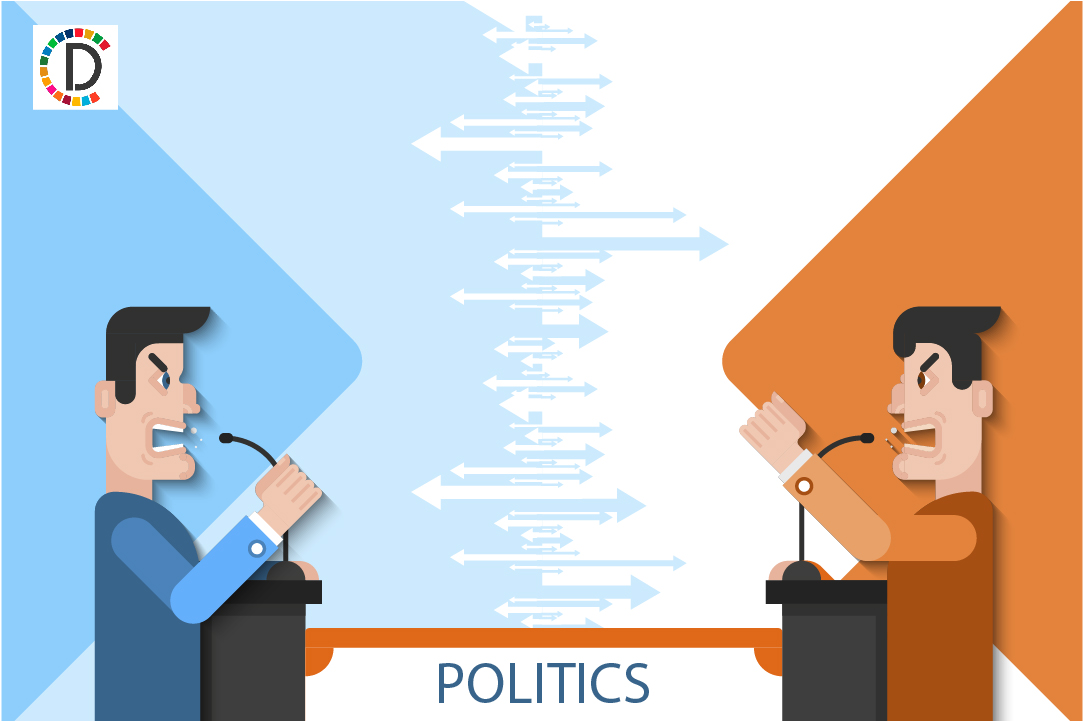Protests, Conspiracy Theories, and Political Turmoil in South Korea
In Seoul, thousands rally to support the impeached President Yoon Suk Yeol amidst accusations of rigged elections and conspiracies. These claims, often proliferated by conservative YouTube channels, have divided the nation ideologically. Yoon's declaration of martial law and the subsequent political crisis threaten the democratic stability of South Korea.

- Country:
- South Korea
Thousands of protesters braved Seoul's icy January weather, waving South Korean and American flags to support the impeached President Yoon Suk Yeol, accused of election-related conspiracy theories. This uproar reflects an ideological divide instigated by right-wing YouTube narratives portraying Yoon as a victim of political scheming.
The conflict reached a climax on December 3 with a controversial martial law declaration, leading to military encirclement of the legislature. This sparked a national debate on democracy, intensified by dramatic clashes between pro- and anti-Yoon factions under heavy police arrangements.
The political turmoil has seen Yoon's party's popularity rise, yet questions remain on whether confronting these conspiracy theories in rhetoric points to genuine belief or political maneuvering. As observers express concerns about potential impacts on future elections, both domestically and in international politics, Yoon's fate rests pending a Constitutional Court decision.
(With inputs from agencies.)
ALSO READ
Jimmy Carter: A Legacy of Democracy and Global Peace
Georgian Political Turmoil: EU Relations and Democracy at Crossroads
Biden Awards Presidential Citizens Medal to Key Figures in Democracy Defense
South Korean Military Officials Indicted in Martial Law Probe
Defeat Certified: A Historical Role for Vice Presidents in US Democracy










